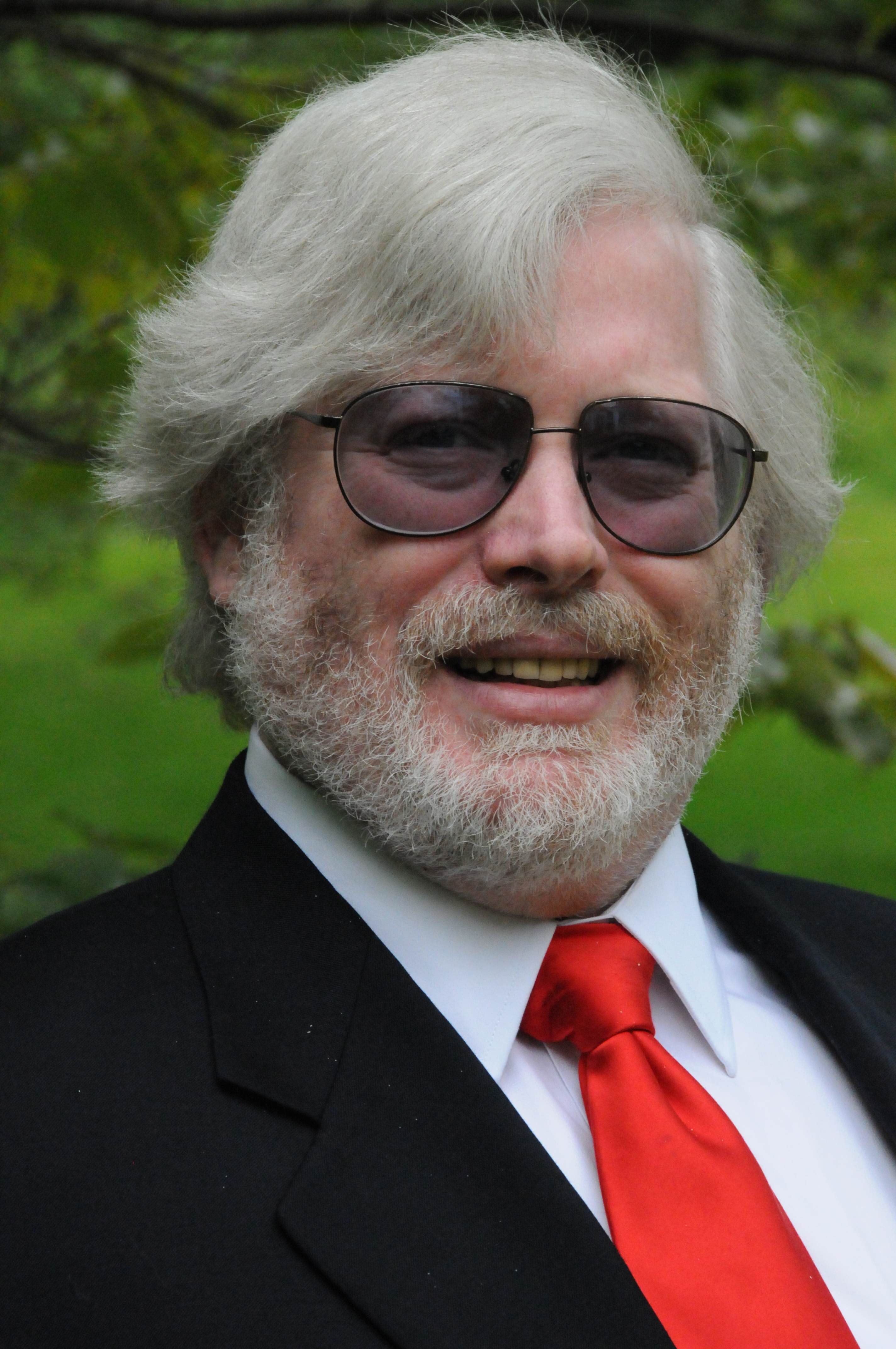Faculty

Research Professor, Director for Quantitative Finance
Ph.D., 1986
Stony Brook University: Quantitative Finance
Robert Frey had worked in an array of operations research related managerial positions
before earning his Applied Math PhD in 1986. Then he became involved in designing
mathematically based financial trading systems, first at Morgan Stanley, then at Kepler
Associates, and finally at Renaissance Technologies, from which he retired at the
rank of Managing Director in 2004. Among his many current activities, he chairs the
advisory committee of the U. of Chicago Financial Mathematics program (the country’s
top ranked quantitative finance program), is co-owner of a small investment bank in
London, and heads a construction company. Frey just launched his own hedge fund, Frey
Quantitative Strategies, with initial capital of $365 million.
Office: Math Tower 1-103
Phone: 631-473-6314

Stan Uryasev
Professor and
Frey Family Endowed Chair, Co Director for Quantitative Finance
Ph.D., 1983, Glushkov Institute of Cybernetics: Applied Mathematics
His research and teaching interests include quantitative finance, risk management, stochastic optimization, machine learning, and military operations research. His joint paper with Prof. Rockafellar on Optimization of Conditional Value-At-Risk in The Journal of Risk, Vol. 2, No. 3, 2000 is among the 100 most cited papers in Finance. Many risk management/optimization packages implemented the approach suggested in this paper (MATLAB implemented a toolbox).
Office: Math Tower, Room B-148
Phone: 631-632-5470
http://uryasev.ams.stonybrook.edu/

Andrew Mullhaupt
Research Professor, Ph.D., 1984
New York University: Quantitative Finance
Andrew Mullhaupt's original research interests involved partial differential equations
and linear algebra. He has worked on Wall Street for over 20 years designing mathematically
based trading systems, first at Morgan Stanley, then at Renaissance Technologies,
and most recently at S A C Capital where he was Director of Research for the SAC's
Meridian Fund.
Office: Mathematics Tower B-148
Phone: 631-632-5479
Assistant Professor, Ph.D., 2014
Swiss Finance Institute: Computational Statistics
Pawel Polak's expertise is in machine learning, big data, predictive modeling, and
signal processing with shrinkage and regularization. His research involves statistical
modeling of large-dimensional stochastic processes with heavy-tailed distributions,
sparse signal processing with breakpoints, and multivariate time series analysis models
arising in a variety of settings, ranging from portfolio optimization, factor modeling,
asset pricing, multivariate volatility modeling, risk prediction, and options pricing.
Office: Mathematics Tower B-148
Phone: TBA

Associate Professor, Ph.D., 2005
Stanford University:Financial Statistics, Change Point Methods
Haipeng Xing is a statistician whose research is focused on: (i) change-points detection,
parameter estimation and adaptive control problems and their applications in engineering,
economics and 4genetics; (ii) statistical models and methods in financial econometrics
and engineering; and (iii) time series modeling. He is co-author, with T.L. Lai
of Stanford, of a widely used graduate textbook on financial statistics.
Office: Math Tower 1-102
Phone: 631-632-1892
